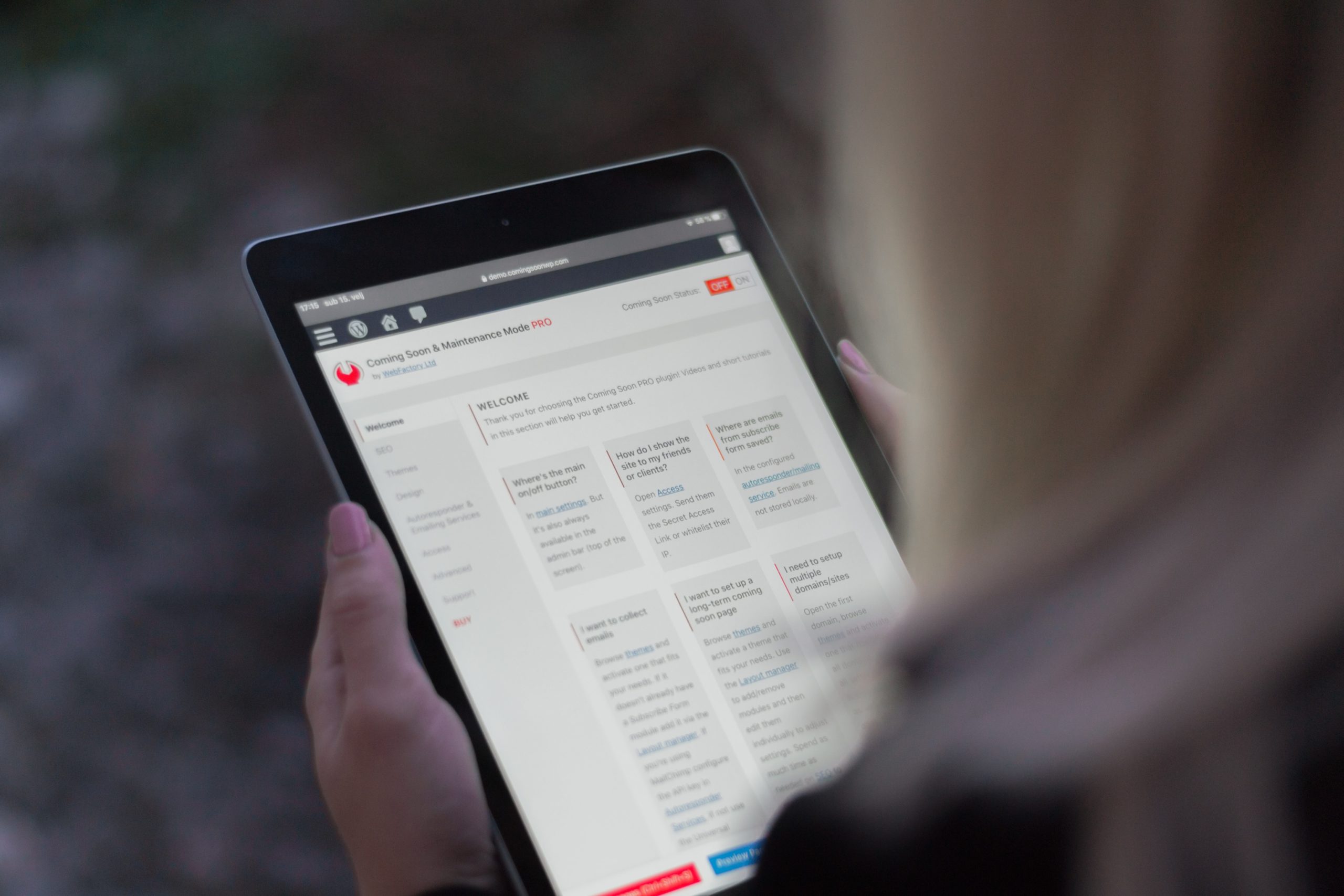Introduction
Adult learning whether it’s for TVET or CPD can often be demanding and stress-inducing. As eager learners delve into skill advancement, the weight of multiple aspects of life and respective responsibilities, deadlines, and ever-evolving expectations can take a toll on emotional well-being – which brings us to our main topic – emotional intelligence.
What is Emotional Intelligence?
Emotional Intelligence, often referred to as EI or EQ, goes beyond traditional measures of your usual type of intellect. It encompasses the ability to recognise, understand, manage, and effectively use our own emotions while strategically considering the emotions of others. At its core, EQ encompasses self-awareness and empathy.
How it benefits CPD/TVET
As CPD and TVET professionals, developing EI is akin to having a map that guides us through our learning journey. Numerous studies have highlighted the transformative role of Emotional Intelligence in fostering resilience, particularly in the face of adversity. According to one particular study, individuals with higher levels of EI demonstrated greater resilience and a proactive approach when encountering challenges within their professional development. Published in the American Psychological Association (APA) Psychological Bulletin, another study found that individuals with higher EI were more likely to succeed academically. This translates seamlessly into the world of CPD and TVET, where learners often encounter demanding schedules, and performance pressures.
Evidently, when equipped with a good level of EI, learners gain the capacity to manage stress, engage in effective problem-solving, and maintain a positive outlook even in the face of setbacks.
Do You Have EI? Here are The Signs:
1. Self-Awareness
The ability to delve deep into understanding your own emotions, triggers, and responses is one of the signs of EI. By recognising your strengths and areas for growth, you’re awarded with enhanced self-management and effective decision-making skills.
2. Empathy
Empathy is known as the ability to understand and share the feelings of others. With empathy, you’re attuned to the emotional experiences of those around you, being able to offer genuine support. As a CPD or TVET professional, when you embody empathy, you’re not only enhancing your well-being but also creating a positive ripple effect that elevates the entire learning community.
3. Self-Regulation
Do you think you’re able to control your impulsive reactions and adapt easily to any stressful situations? In simple terms, self-regulation is the ability to manage stress effectively. Individuals high in emotional intelligence can identify stress triggers and employ healthy coping mechanisms, allowing them to remain level-headed under pressure.
Whether you think you lack EI or you just want to learn how to enhance it, every day is a chance to progress. Just as learning new technical skills is considered growth, developing emotional intelligence is also a part of lifelong learning.
Here’s How You Can Increase Your EI
1. Engage in Self-Reflection
Set aside a quiet moment to introspect your feelings, reactions, and what sets them in motion. Journaling can be your trusty companion here. Pour your thoughts onto paper, exploring your emotional patterns, triggers, and reactions. For instance, after a challenging day of training, take a few minutes to jot down how you felt, what situations sparked particular emotions, and how you responded. Over time, this practice unveils valuable insights into your emotional landscape.
2. Mindful Observation
Practice being a keen observer of your own emotions, thoughts, and body language during your daily interactions. As you engage in conversations, for example; focus on being fully present. Notice the subtle shifts in your emotions and thoughts without passing judgment. For instance, when discussing a training approach with a co-worker, or listening to a learner’s remark, take note of how your emotions react – perhaps excitement or tension. This will help you identify what is important to you, or what your (unmet) needs are. Without self-criticism, simply observe these emotional cues.
3. Perspective-Taking
Stepping into the shoes of others and envisioning their perspectives is a great way to level up your EI. When collaborating on a project, imagine how your learners or team members might be feeling and their viewpoints on certain decisions. This exercise can help to strengthen your empathetic connection by fostering a deeper understanding of the emotions of those around you.
4. Engage in Diverse Interactions
With diversity on a steady rise in the UK, you often don’t need to travel far and beyond to experience a different culture – which makes it convenient for you to engage in diverse interactions to enhance your EI. Engaging in conversations with people outside your usual circle can broaden your emotional horizons and sharpen your social awareness. As you interact with colleagues from different departments at work or random strangers on the street, take it as an opportunity to immerse yourself in understanding their unique experiences.
Conclusion
By now, it’s clear that learning new technical skills might not arguably be the sole determinant of success. Emotional Intelligence empowers us to understand ourselves deeply and connect authentically with others – for what’s the use of all the professional courses in the world if one can’t be kind and build meaningful relationships? In a world where diversity is on the rise and challenges are getting more unique and complex, EI could be just the tool we need for empathetic collaboration – which is crucial to building an environment of innovation, respect, and understanding.












